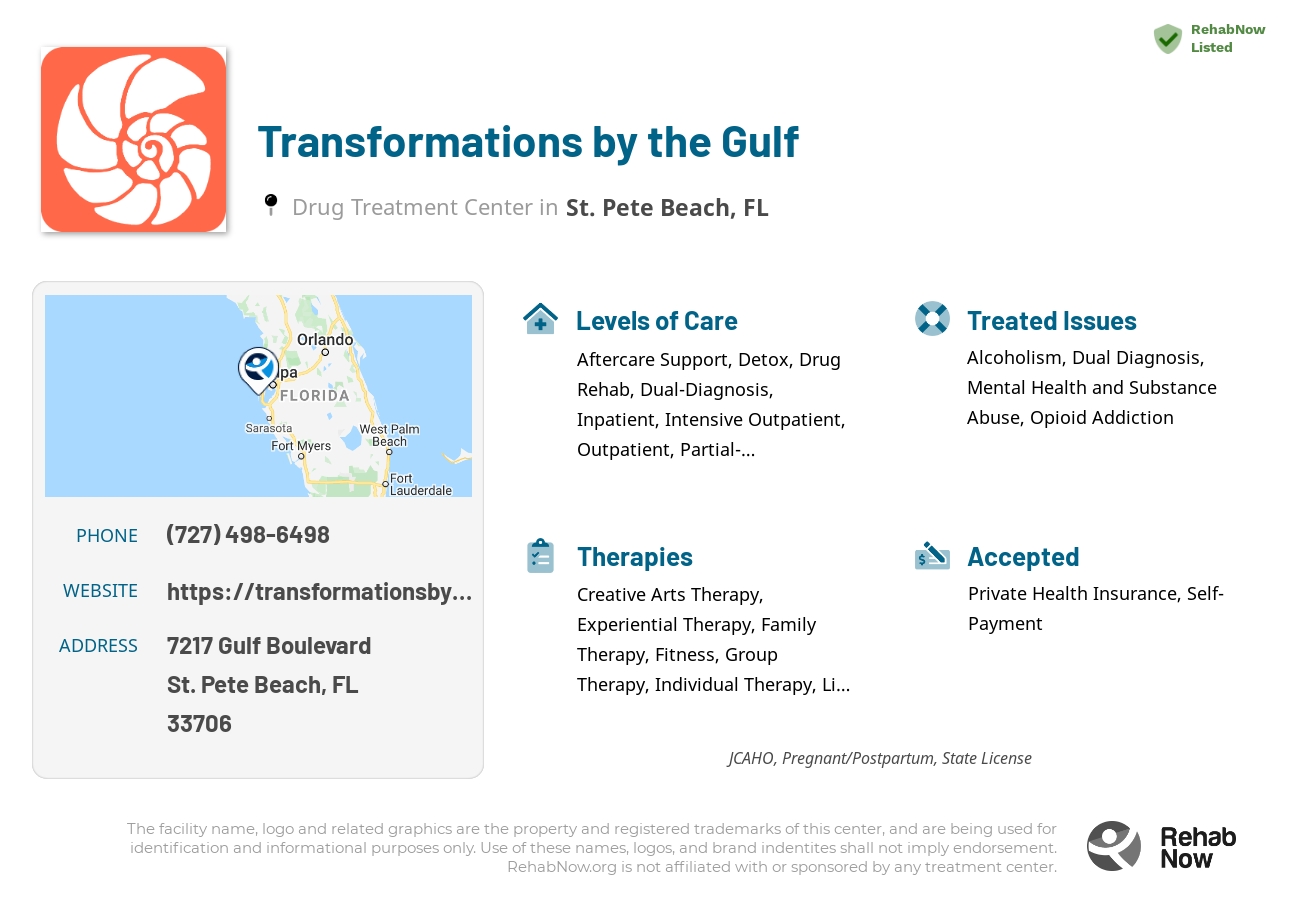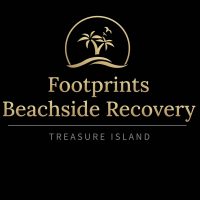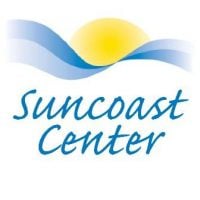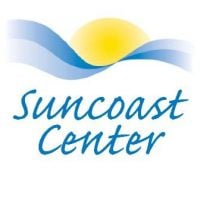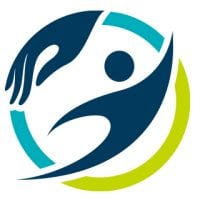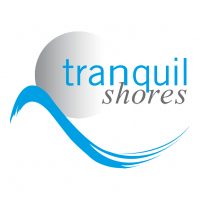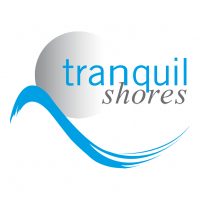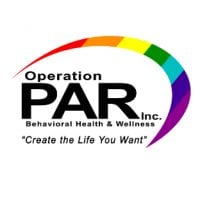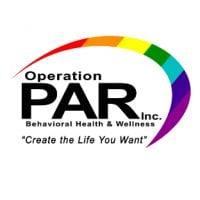Transformations by the Gulf
Drug Rehab Center in St. Pete Beach, Florida
Transformations by the Gulf is an accredited addiction treatment facility in St. Pete Beach, FL offering various levels of care such as detox, drug rehab and dual-diagnosis along with private health insurance payments and 24/7 therapeutic services.
About Transformations by the Gulf in Florida
Transformations by the Gulf Florida is a Joint Commission accredited substance use and wellness center located in the beautiful St. Pete Beach. This rehab facility offers 30, 60, and 90-day programs designed to help individuals break free from addiction and live a happy, meaningful life. The serene beachside setting provides a unique healing environment for those seeking recovery.
Transformations by the Gulf understands that each person's journey to recovery is unique. They offer gender-specific substance abuse treatment tailored to address psychological, familial, social, and biological needs. With a compassionate and individualized approach, clients can expect a boutique-style experience with a three-to-one counselor ratio.
Accredited by the Joint Commission, Transformations by the Gulf incorporates holistic practices and evidence-based treatment approaches. Their programs include residential inpatient treatment, partial hospitalization, and intensive outpatient care. Each level of care is designed to provide comprehensive support and address the root causes of addiction.
- Residential inpatient program in a home-like environment with 24/7 specialist care
- Partial hospitalization program with daily individual and group counseling sessions
- Intensive outpatient program offering group and individual therapy a few times a week
Transformations by the Gulf specializes in treating alcoholism, dual diagnosis, opioid addiction, drug addiction, substance abuse, and mental health conditions. Their commitment to personalized and evidence-based treatment empowers individuals to overcome addiction and achieve lasting recovery.
Genders
Ages
Modality
Additional
Accreditations
State License

LegitScript

JCAHO
Conditions and Issues Treated
It’s not easy getting sober on one’s own, or even going to rehab and escaping the grasp of addiction by oneself. Substance abuse treatment gives addicts a place to stay sober while learning what it takes to quit for good. They will learn from others about what works and what doesn’t work with remaining drug-free.
Treatment centers such as Transformations by the Gulf focus on the needs of individual addicts to heal them. There is a combination of physical and mental therapies that treat the root cause of the addiction, whether it be family problems, stress, or past traumatic events.
The final benefit of substance abuse treatment is introducing new people who can help in your recovery after you leave Transformations by the Gulf. Through group therapy sessions with other addicts and attending support meetings once a day, a person will learn how to interact with others and cope with cravings. This is a chance for you to rebuild your social circle healthily after you leave treatment.
Opioid addiction starts when a person becomes addicted to legal or illegal opioids. The addiction can happen quickly, in just a matter of days. Opioid withdrawal can be extremely uncomfortable and lead the user to continue to use even if they want to quit. Stopping using an opioid requires medical observation. Sometimes inpatient treatment with a medically supervised detox is necessary for managing the withdrawal process while learning lasting tools for maintaining recovery. Medications may be used in some cases of opioid addiction.
Opioid addiction is one of Florida‘s most prominent forms of addiction. It’s treated by detoxifying the body so that the chemicals from the medications no longer impact them and by therapies to correct behavior and target the root of the problem.
Recovery is not simply about stopping drug use. Recovery is working with addiction while recovering mental health issues that are fueling the addiction in the first place.
Levels of Care Offered
This center offers a variety of custom treatment tailored to individual recovery. Currently available are Aftercare Support, Detox, Drug Rehab, Dual-Diagnosis, Inpatient, Intensive Outpatient, Outpatient, Partial-Hospitalization, with additional therapies available as listed below.
Detox is the first step of rehab. It involves giving a person time to get the toxins out of their body. During detox, the patient gets ill and they will often start using again to get rid of these unpleasant feelings. That’s why it’s so important to have a St. Pete Beach medical professional at Transformations by the Gulf present. A Florida medical professional will make sure patients don’t start using during detox. They will also provide medication to ease their symptoms and coach them through on a mental level.
Individuals who are suffering from severe addiction or have a high risk for dangerous health concerns are often recommended to receive inpatient treatment.
Choosing to enter an inpatient treatment program is beneficial for people who are suffering from severe addiction, or who have a high risk for dangerous health concerns.
Inpatient treatment is beneficial for:
- People who have a history of severe withdrawal.
- People who have attempted to overcome addiction on their own without success.
- People who have a history of relapse, or have recently relapsed.
- People at risk for drug overdose or withdrawal-related complications.
- People with medical conditions that are worsened by drug or alcohol use.
Addicts who need help with their addiction can enroll in an intensive outpatient program (IOP). But the patient won’t live there during treatment.
IOP involves patients visiting a medical office building regularly for therapy and other services while continuing to live their lives.
IOP is a step up from drug or alcohol detox, but it’s still a phase of recovery, not the end goal. Patients in need of IOP have many options for rehab and treatment.
Outpatient treatment is considered the lower intensity level of addiction treatment. It’s ideal for early phase addiction or lower intensity addictions. It may include weekly sessions instead of daily. It may include weekly sessions instead of daily. Peer group support, 12-step programs, and individual counseling may still be involved but at a lesser frequency than an intensive outpatient program. It is a good choice for someone who doesn’t need to go through a medically supervised detox and who has a supportive home environment. It requires motivation and dedication to commit to the program without constant monitoring.
PHP is a program where the individual is cared for in a hospital-like environment during the struggle of those symptoms, but still have some of the freedoms of an outpatient form of treatment. The individual may sleep at the facility each night, or they may sleep at home, but all have more monitoring than an outpatient treatment program typically offers. A PHP is able to live at home, attend school, work or perform other daily activities. This appeals to many families due to the ability of their loved one to still have some freedoms while also receiving treatment for their addiction.
Aftercare support should take place after outpatient treatment has ended. There are a few different types of aftercare support that patients can seek. These include 12 Step, Self-help groups (AA, NA), Therapeutic communities, Long-term, structured sober living arrangements, and Halfway houses (residential treatment centers).
Therapies & Programs
Individual therapy involves one-on-one sessions between the patient and therapist. It provides patients with a safe environment to openly discuss personal and sensitive issues with the therapist. They find the therapist as someone they can trust. Individual therapy aims to identify the core issues that would have led the patient to substance abuse and address them effectively. The therapist can develop patient-specific customized solutions through individual therapy, which aids speedier recovery.
Family therapy is a group problem-solving that aims to improve communication and relationships between the addict, their family, and sometimes friends. The main goal of family therapy for drug addiction is to create an environment where communication can occur without judgment, hostility, or blame. The therapist is with the family as they learn to communicate differently, especially with the addict when s/he is using. The family can learn to reduce their enabling behavior or rally together and support each other during tough times.
An addict’s family can play a vital part in helping them to avoid relapse because they can spot the warning signs and help them get back on track before it becomes too much of a problem. Family therapy is one of the most effective ways to help addicts stay on the path to long-term sobriety. When a drug addict decides that they want to try and get sober, it takes the support of every person they love to succeed. It can be incredibly difficult for loved ones to watch an addict go through the pain and suffering of withdrawal, but by being there with them and supporting them, they can help to make sure that the addiction never returns.
Groups typically involve meetings with other recovering addicts who can relate to one another’s experiences. They might meet in person or online and typically focus on the process of staying sober rather than overcoming a specific addiction.
In these groups managed by Transformations by the Gulf, addicts can build a sense of community and develop strong emotional connections with others who understand what they are going through. These beneficial relationships can help addicts overcome their cravings and prevent relapse at any point during the recovery process.
In general, trauma therapy is a clinical process that helps individuals deal with mental stress often caused by traumatic events. The therapist helps the person identify, understand, and work through the problem. This is done with the help of talking about it in group or one-on-one counseling sessions. Therapists use relaxation, role-playing, art, and music to help the person open up about what is bothering them.
There are many different types of trauma therapists, such as psychiatric nurses and counselors. Not everyone is a good candidate for this type of therapy; it is generally reserved for people who have recently experienced a traumatic event and struggle to get over it. It is often done for children, teenage victims of sexual assault, and war veterans.
There is hope for people who are addicted to drugs and alcohol. Cognitive Behavioral Therapy (CBT) is the solution. CBT focuses on the underlying thoughts and behaviors that caused the addiction problem in the first place and may cause a relapse. This type of psychotherapy addresses negative feelings common in substance abuse disorders. It helps to change them by restructuring thought patterns. It’s about removing negative thoughts and providing long-term benefits while promoting self-awareness, self-control, and healthy ways to respond to negative thoughts. These sessions can be done by themselves or as part of combination therapy.
Since addiction is a chronic physical and mental illness, addicts need to learn as many life skills as possible. Many drug treatment centers offer life skills activities as part of their addiction recovery programs. Examples include cooking classes, employment training, resume writing seminars, parenting classes, and computer training. Life skills activities help addicts find employment, take care of their families, and give back to the community.
The goal of medical nutrition therapy for drug and alcohol addiction is to help patients avoid “trigger” foods. For example, someone who craves alcohol may be addicted to sugar. Making sure this person eats a balanced diet with recommended amounts of protein, vegetables, and fruit can help manage urges to drink.
Nicotine replacement therapy treats nicotine addiction using external sources of nicotine, such as patches or gum to substitute for nicotine. This allows people trying to quit smoking to get their desired dose of nicotine without actually having to smoke cigarettes. The idea behind NRT is that by providing smokers with nicotine in forms that are not cigarettes, they may be more likely to quit smoking.
NRT has been available for many years now, and there is a wealth of evidence that shows that it helps people trying to quit smoking. There are several different types of NRT devices on the market now. Patients interested in quitting smoking should talk to their doctors about the best kind of NRT for them.
Patient Experience
Creative Arts
Creative Arts Therapy is a combination of several different types of art forms offered by Transformations by the Gulf. Music, painting/drawing, writing, and drama are just some examples. It can help with mental illness and addiction.
CAT is a form of art therapy at Transformations by the Gulf that uses creative activities such as music, painting, drama, and writing to help patients explore their feelings, develop social skills, and manage behavior. It is particularly effective with people who may not respond to other forms of therapy or lack the motivation to take part in more traditional forms of therapy. When combined with counseling, CATT can help people struggling with addiction or mental illness access their inner voices and discover their unique potential.
Experiential Therapy at Transformations by the Gulf
Experiential Therapy teaches people how to think differently about their lives and change their emotions by changing their behavior. This type of treatment is accomplished with various activities that may involve acting, props, arts and crafts, animal care, or other tools that may be effective.
This therapy aims for patients to release suppressed thoughts that cause bad feelings and drug addiction. Role-playing, arts and crafts, music, animal care, rock climbing, etc., are some of the activities used in this therapy. Gradually an individual will feel calmer and more loving which will change their perception positively. In addition to treating drug addiction, experiential therapy is beneficial for different behavioral and eating disorders.
Fitness Therapy
Another unique benefit of addiction treatment services is fitness therapy. In addition to being therapeutic in its own right, an exercise regiment can support a recovering addict’s sobriety by:
- Encouraging healthy eating and exercise habits to really get the body back into good working order
- Providing a distraction from cravings and underlying psychological issues that could lead to relapse
- Gaining a sense of accomplishment from completing physical challenges that further personal development
- Improving cardiovascular health and circulatory system functioning and increased energy levels to help the body stay active and enhance mood
Payment Options Accepted
For specific insurance or payment methods please contact us.
Is your insurance accepted?
Ask an expert, call (888) 674-0062
Additional Details
Specifics, location, and helpful extra information.
St. Pete Beach, Florida 33706 Phone Number(727) 498-6498 Meta DetailsUpdated April 15, 2024
Staff Verified
Is Transformations by the Gulf a LegitScript Verified Treatment Facility?
According to our most recent records, we have found this center to be LegitScript verified.
Transformations by the Gulf Patient Reviews
There are no reviews yet. Be the first one to write one.
St. Pete Beach, Florida Addiction Information
Florida is one of the nation's epicenters for substance abuse and drug-related overdoses. In 2014, around 410,000 Florida residents were addicted to drugs and alcohol. Over the last 10 years, 12% of all deaths in the state were attributed to substance abuse. Treatment admissions for alcohol reached 24,329 patients in 2016, and 2.5% of Florida high school students admitted to using crack cocaine.
Treatment in Nearby Cities
- Maitland, FL (104.5 mi.)
- Coral Gables, FL (206.3 mi.)
- Tavares, FL (96.5 mi.)
- Ormond Beach, FL (148.4 mi.)
- Oviedo, FL (113.9 mi.)
Centers near Transformations by the Gulf
The facility name, logo and brand are the property and registered trademarks of Transformations by the Gulf, and are being used for identification and informational purposes only. Use of these names, logos and brands shall not imply endorsement. RehabNow.org is not affiliated with or sponsored by Transformations by the Gulf.





